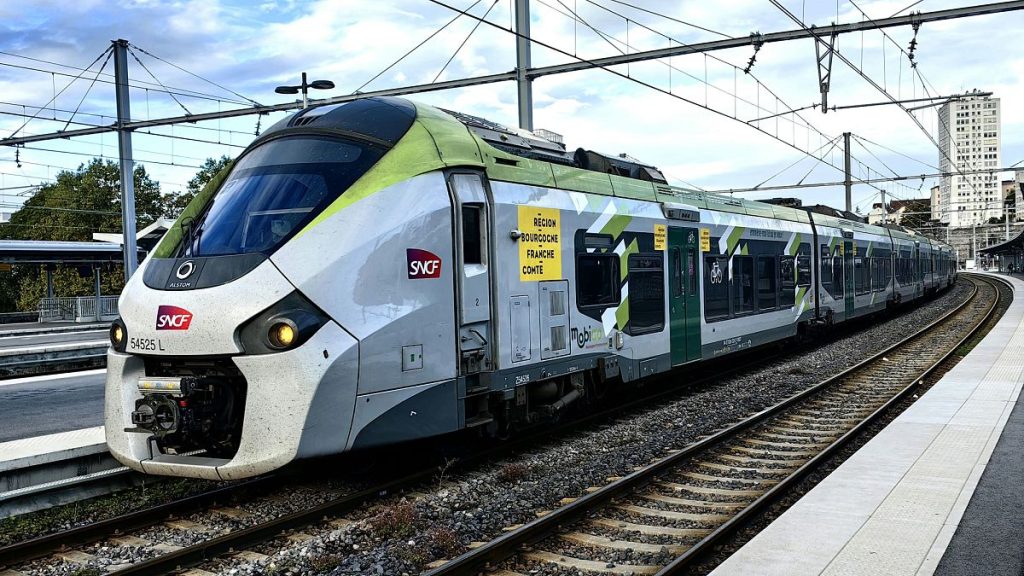The French government has introduced a significant policy change aimed at reducing carbon emissions from short-haul air travel. According to a recent analysis byTrainline, the decision to ban domestic short-haul flights under two and a half hours stems from the need to transition to a more sustainable mode of transit. This change is part of France’s broader climate law, which was first proposed in 2021 through a citizens’ convention.
The ban was designed to address targets set by the European Union, which internationally aims to limit emissions by 2030, especially focusing on Europe’s largest car manufacturers. By eliminating the need to fly for some short-journey trips, France sought to reduce its carbon footprint through travel modes that are less commonly polluting. The ban excludes flights that would take more than two and a half hours, with exceptions for connecting flights or regional transfers at major cities.
To determine the optimal travel option,Trainline conducted a comparative analysis of three national routes: Rennes-Paris, Paris-Lyon, and Marseille-Lyon. The findings highlighted that taking the train offered significant advantages, particularly in terms of time efficiency and reduced costs. For instance, Rennes to Paris by train takes only 1 hour 44 minutes, compared to the traditional flight which takes 3 hours 21 minutes. Similarly, Paris-Lyon by train arrives faster, setting a new benchmark for shorter travel times.
The study also revealed that the train mode can further reduce journey costs. For example, the Paris-Lyon flight by train consumes only 0.690 kilograms of CO2 per person, while the same route by air consumes over 90 kilograms. This saving of 900-4500 euros daily demonstrates the tangible financial benefits of the ban. Additionally, emissions are estimated to reduce by 124 to 151 times compared to flying, making trains an even more environmentally friendly option.
One of the key lessons learned from the ban is the importance of understanding traveler needs. Passengers are more likely to opt for trains due to the quick and convenient nature of city intersections, which minimize waiting time and security checks. Recognition of this trend has influenced subsequent policies, with travel agencies optimizing their offerings to cater to both air and train travelers.
Drawing on real-world applications, the ban has already achieved measurable benefits. A recyclable cesazul bus for Paris-Lyon journey resulted in a €41 saving for passengers. Such savings translate to lower fuel consumption and reduced greenhouse gas emissions, which align with France’s climate goals.
The broader impact of this policy change extends beyond immediate travel efficiency. By encouraging passengers to switch to trains, the ban may contribute to a broader shift towards more sustainable transportation systems. As France continues to sell its climate law to its citizens, this initiative aligns with its ambitious climate首站 and sets a precedent for minimum carbon emissions targets.
Ultimately, the ban represents a step forward in addressing Europe’s carbon challenge. It not only provides practical savings for passengers but also underscores the importance of aligning travel modes with environmental efforts. This move underscores France’s leadership in climate initiatives and its commitment to a greener future, demonstrating a practical path to achieving ambitious goals.


